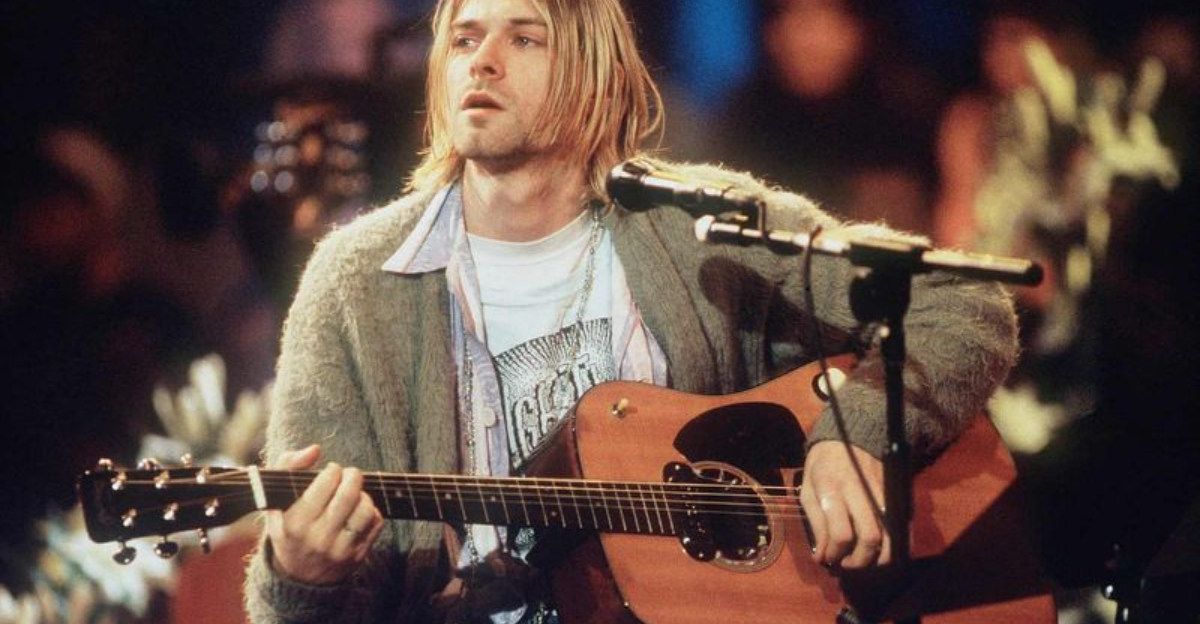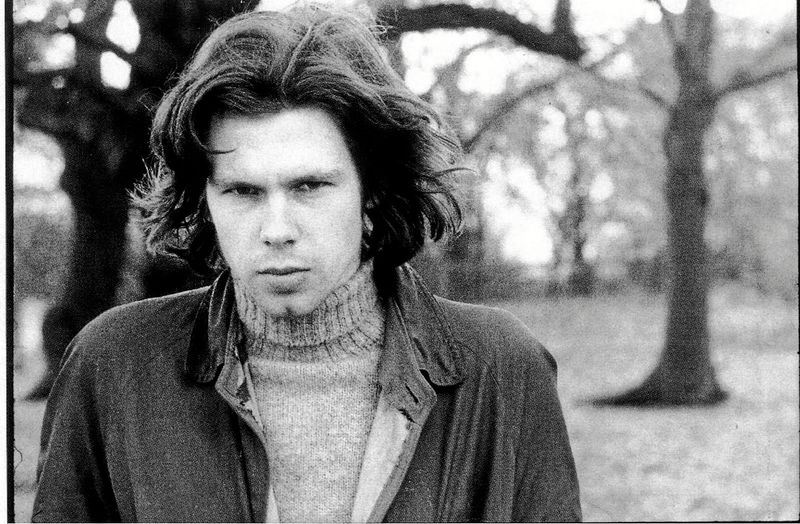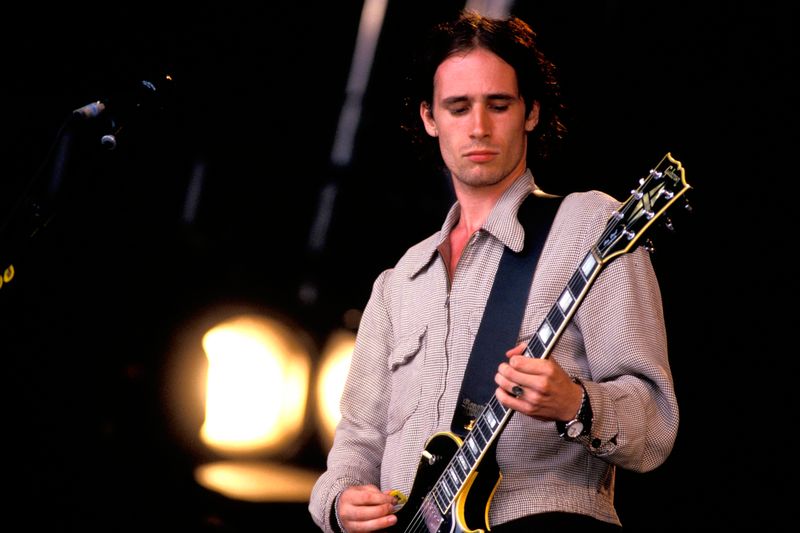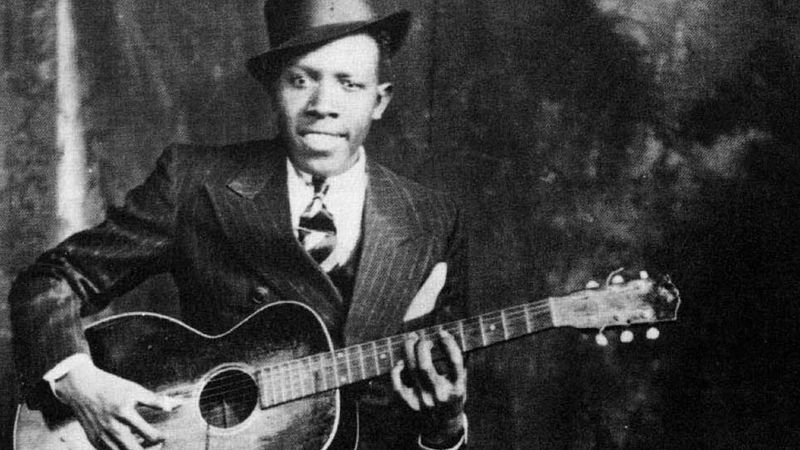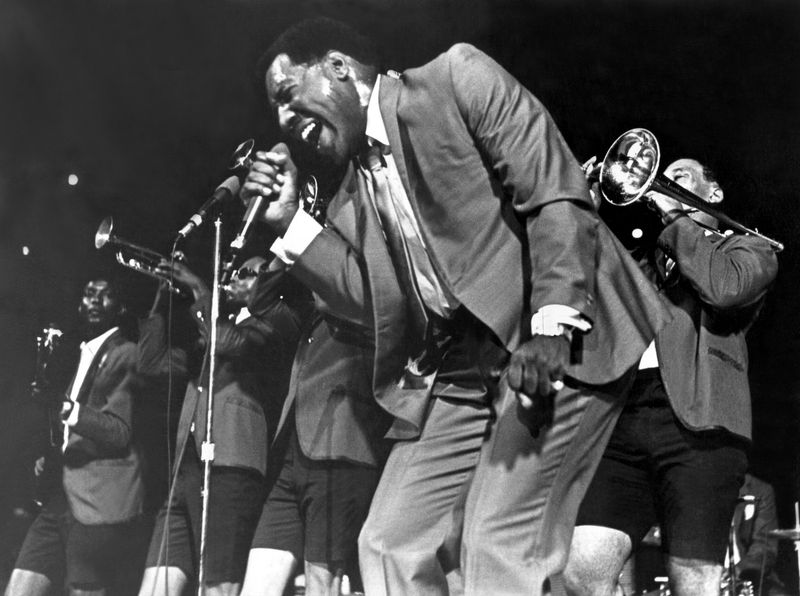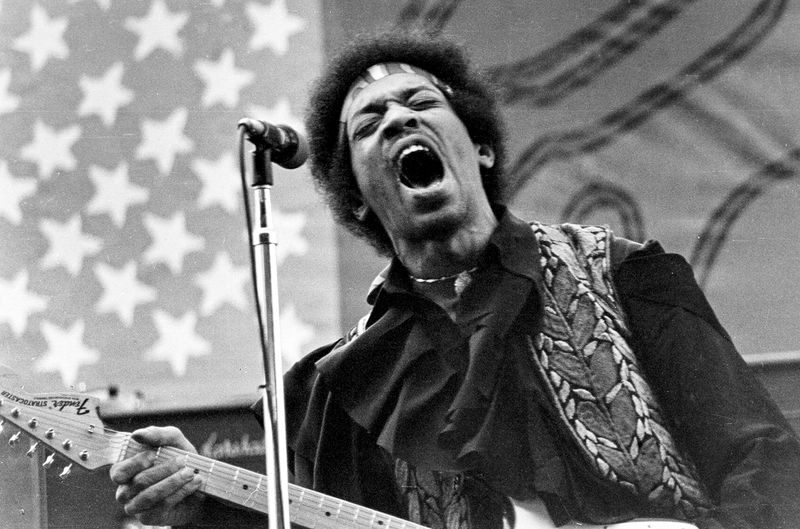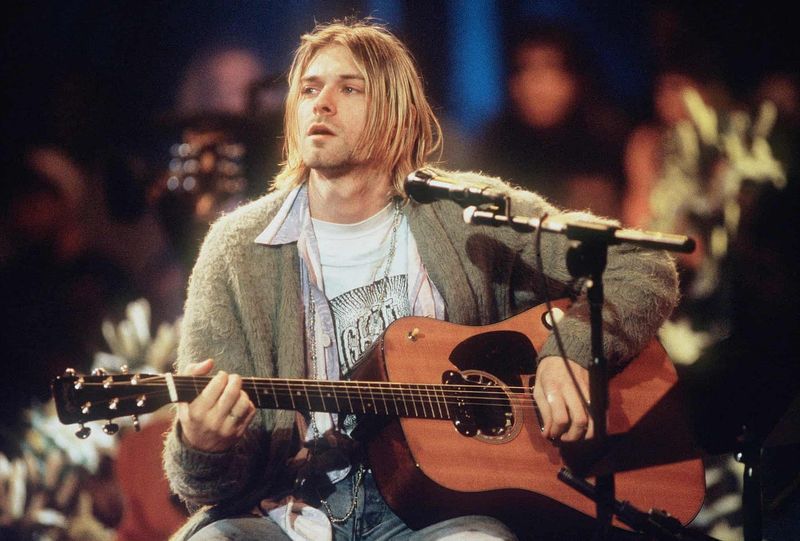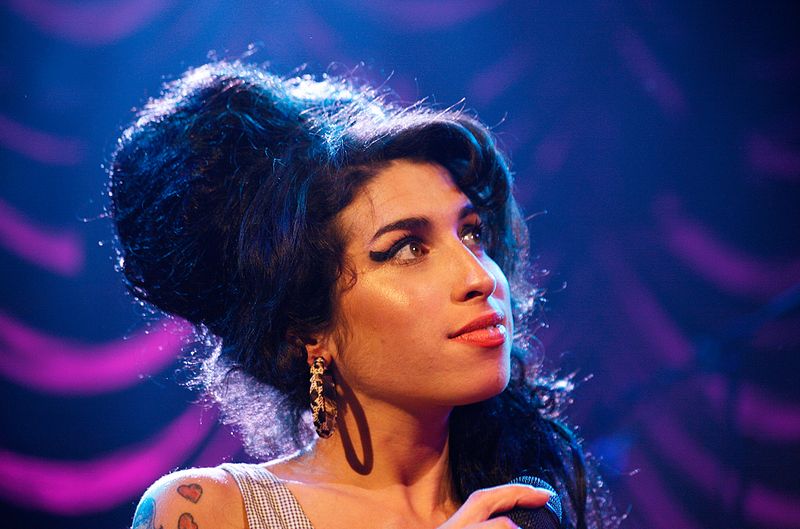Explore the poignant stories of musicians whose work gained immense fame only after their untimely deaths. Their legacies have inspired generations, and their music continues to resonate with audiences worldwide, highlighting the bittersweet nature of fame. From folk singers to rock legends, these artists have left an indelible mark on music history.
1. Nick Drake (1948–1974)
Nick Drake’s music whispers to the soul like a gentle breeze on a melancholic evening. His delicate, introspective lyrics painted a picture of a fragile yet profound existence. During his lifetime, his albums received little attention, leaving him disillusioned. However, his posthumous success is a testament to the timeless quality of his artistry.
Decades later, artists like Beck and The Cure cite him as a significant influence, proving his music’s enduring appeal. His album “Pink Moon” remains a cult classic, enchanting listeners with its haunting beauty and simple elegance.
Did you know? Drake’s music was rediscovered after being used in a Volkswagen commercial in 1999, sparking renewed interest.
2. Jeff Buckley (1966–1997)
With a voice that soared like an eagle, Jeff Buckley captivated hearts with his ethereal performances. His rendition of Leonard Cohen’s “Hallelujah” is often considered definitive, yet he never witnessed its full acclaim.
Tragically, Buckley’s life was cut short by a drowning accident, just as his star was beginning to rise. His album “Grace” achieved critical acclaim posthumously, celebrated for its emotional depth and musical sophistication.
Buckley’s influence spans across genres, inspiring countless musicians. Fun fact: “Grace” was named one of the greatest albums of all time by Rolling Stone.
3. Robert Johnson (1911–1938)
Legend has it that Robert Johnson made a deal with the devil at a crossroads, trading his soul for musical genius. Whether myth or reality, his virtuoso guitar skills and haunting vocals paved the way for future rock legends.
Johnson’s recordings, though few in number, were monumental in shaping the blues genre. His life ended under suspicious circumstances, leaving behind a legacy enshrined in mystery.
Despite recording only 29 songs, his influence is immeasurable. Did you know? Johnson’s work was pivotal in the development of the “27 Club,” a term for musicians who died at age 27.
4. Otis Redding (1941–1967)
Otis Redding’s voice was a powerhouse of emotion, able to convey the deepest of sorrows and the highest of joys. His song “(Sittin’ On) The Dock of the Bay” was completed just days before his tragic death in a plane crash.
The song became his only number one hit, capturing the hearts of millions with its soulful reflection on life and longing. Redding’s influence on the soul and R&B genres continues to be felt today, with artists from every generation paying homage.
Little-known fact: Redding was posthumously awarded a Grammy Award for “Dock of the Bay.”
5. Janis Joplin (1943–1970)
Janis Joplin’s raspy voice and raw energy electrified audiences, leaving an unforgettable mark on the rock and blues landscape. Known for her emotional performances, she became an icon of the 1960s counterculture.
Her album “Pearl” was released posthumously, featuring some of her most beloved tracks, including “Me and Bobby McGee.” The album’s success cemented her status as one of rock’s greatest voices.
Did you know? Joplin was known for her free-spirited personality, often performing barefoot on stage as a symbol of her rebellious spirit.
6. Jimi Hendrix (1942–1970)
Jimi Hendrix’s guitar seemed to speak its own language, weaving a tapestry of sound that was revolutionary for its time. His experimental approach to rock music redefined the genre and inspired countless musicians.
Hendrix’s untimely death left fans wondering what more he might have achieved. Posthumous albums like “The Cry of Love” continued to showcase his genius, keeping his legend alive.
Fun fact: Hendrix was left-handed but played a right-handed guitar upside down, adding to his unique style and sound.
7. Kurt Cobain (1967–1994)
Kurt Cobain’s voice was the anthem of a generation, capturing the angst and disillusionment of the 1990s youth. As the frontman of Nirvana, his music broke barriers and defined the grunge movement.
Cobain’s tragic suicide shocked the world, but his legacy grew as Nirvana’s MTV Unplugged became iconic. His influence on rock music is profound, and his lyrics continue to resonate with fans.
Did you know? Cobain was a self-taught musician who believed in the power of simplicity and raw emotion in music.
8. Amy Winehouse (1983–2011)
Amy Winehouse’s voice was a blend of sultry soul and raw emotion, making her a standout artist of her generation. Her album “Back to Black” skyrocketed her to fame, but her personal struggles were ever-present.
Winehouse’s untimely death left fans mourning the loss of a unique talent. Her influence on modern soul and jazz continues to grow, with artists still paying tribute to her distinctive style.
Fun fact: Winehouse was known for her distinctive beehive hairstyle and eyeliner, both of which became her signature look.
9. Selena (1971–1995)
Selena’s charisma and talent made her a beloved star in the Tejano music scene, earning her the title “Queen of Tejano.” Her crossover into English-language music was highly anticipated, but tragically cut short by her murder.
Her posthumous album “Dreaming of You” became a massive success, introducing her to a global audience. Selena’s influence transcends music, becoming a cultural icon for many.
Did you know? A statue in her honor stands in Corpus Christi, Texas, celebrating her enduring legacy and connection to her fans.
10. XXXTentacion (1998–2018)
XXXTentacion’s music was a raw, emotional journey through his turbulent life experiences, connecting deeply with his audience. His untimely death in a robbery shocked fans globally, but his work continued to climb the charts.
His posthumous releases, including the album “Skins,” kept his music alive, resonating with a generation seeking authenticity and emotional depth.
Fun fact: Despite his controversial life, XXXTentacion was involved in various charitable activities, supporting children and families in need.
